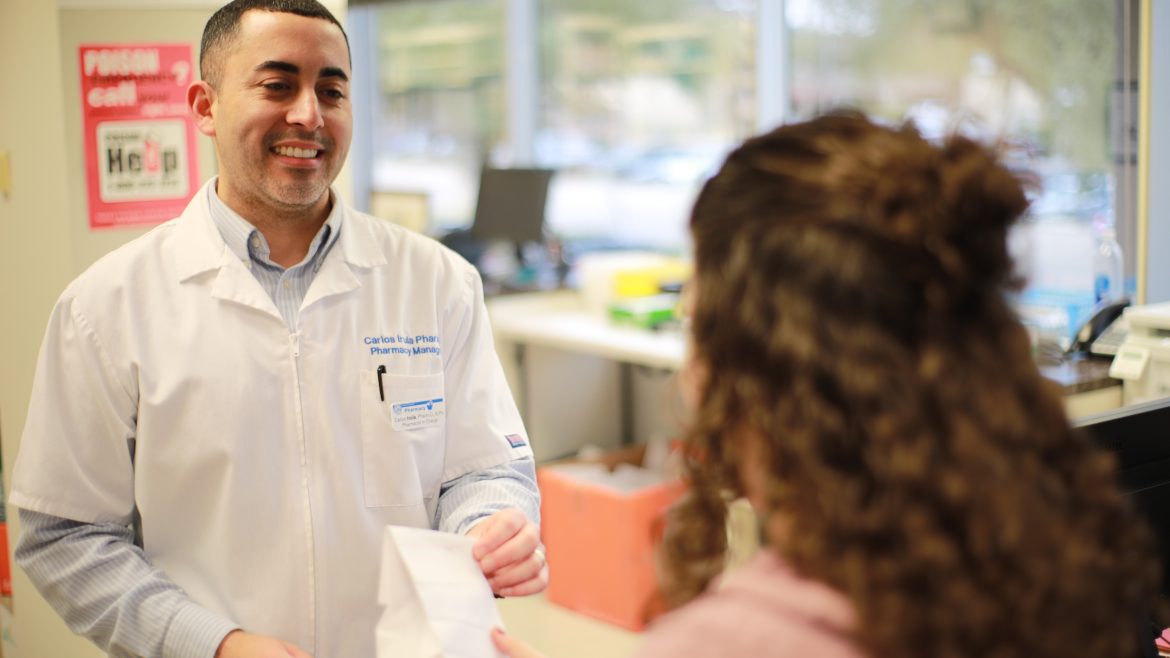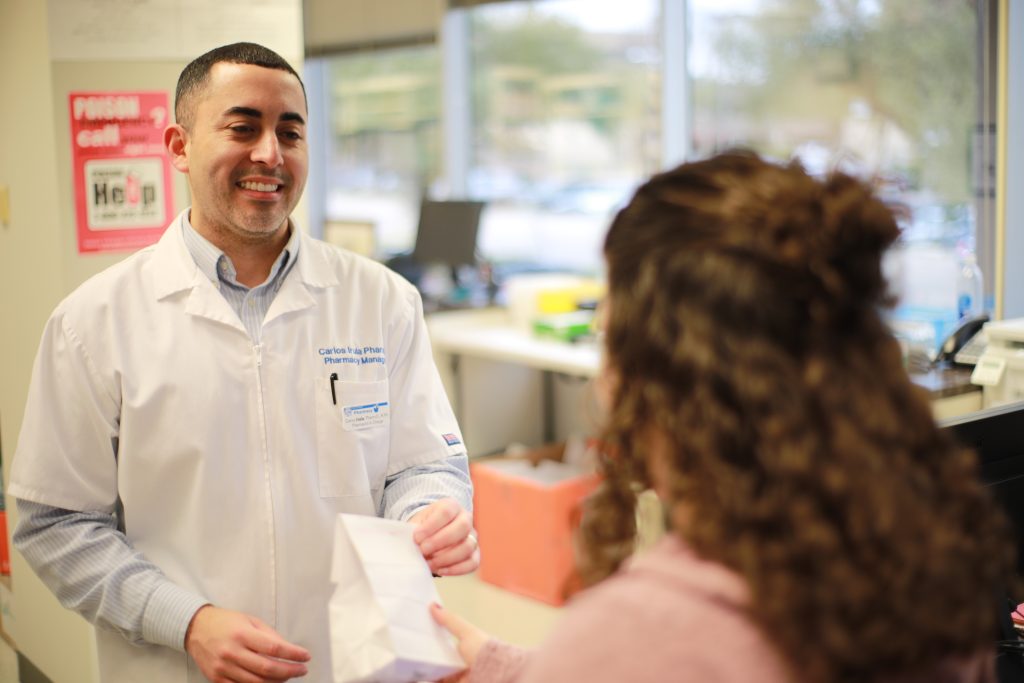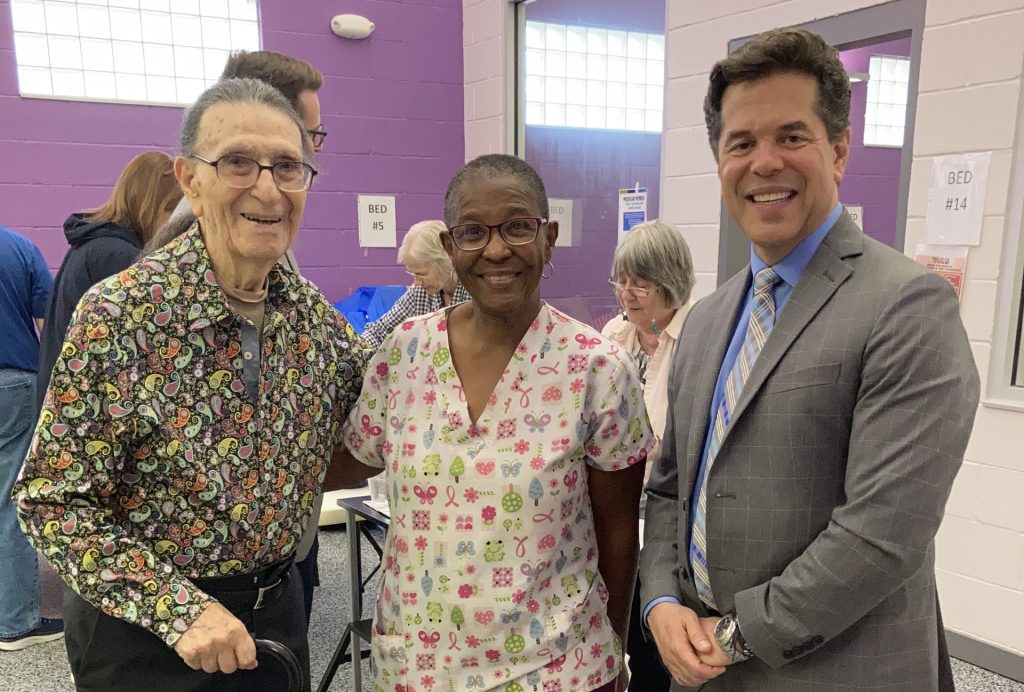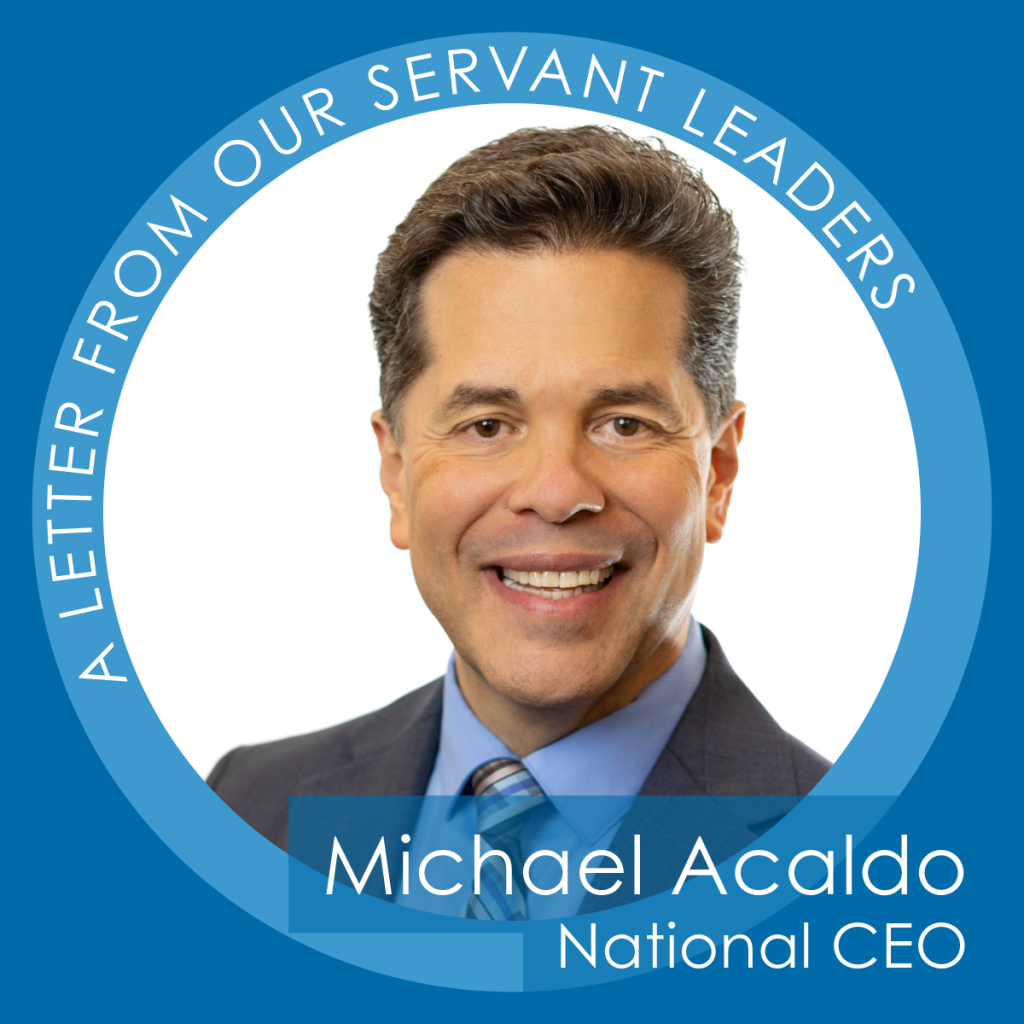 Sharing Christ’s Light and Love
Sharing Christ’s Light and Love
As Vincentians, we know that the worlds of public policy and helping our neighbors are often intertwined.
Take the soaring cost of medicine. As Vincentians, we see the effect these costs have on those we serve every day. It’s an issue that one administration after another talks about – but rarely manages to do anything about.
But Vincentians always seem to find a way, don’t we?
In 1995, Baton Rouge opened the first St. Vincent de Paul charitable pharmacy in the country offering free medicine to those who needed it. Why? Because on Home Visits, we met people forced to choose between food and life-saving medications.
From there, the idea blossomed in places like Cincinnati, Atlanta, Dallas, Madison, Monroe, Houma-Thibodeaux, and Biloxi. The effort in Cincinnati required us to take an active role in advocating for legislation in Ohio to allow charitable pharmacies to exist. Our leadership in Ohio even helped draft the state bill in 2006 that permitted them. The same thing happened in Texas, where our leaders there took an active role with legislative leaders on this issue.
The result? Hundreds of thousands of free prescriptions have been filled by Vincentian pharmacies – ensuring people do not have to make that horrible choice between food or rent and medicine.
I have personally seen Christ walk through our pharmacy doors in Baton Rouge. I have seen Him in the faces of people brought to tears — not from sorrow, but joy. I will never forget one couple I met there. They had worked their entire lives, but the wife desperately needed medication they could not afford (this was before Medicare Part D). We helped them, and I will always treasure their tears of gratitude.
But that is not where this story ended. Sometimes as Vincentians we do not realize the far-reaching effects of bringing Christ’s love to someone. The husband in the story above, touched by the love we showed, heard about our toy drive for children in need.
Though he could not afford to buy gifts to donate, he had woodworking skills. He began crafting wooden toys from scrap wood — dozens that first year, then over four hundred the next. Every day, he had a goal to make a toy or two because he wanted to share that love. He did it for several years, until he physically could not anymore. His generosity inspired all of us as Vincentians immeasurably, and this propelled our Council to establish many other new efforts and initiatives through the years.
Christ recognized that there were big problems in the world, but He also knew that solving them started with going to the hungry, the thirsty and the naked and addressing their individual needs with God’s grace. Yes, we are called to render unto Caesar what is Caesar’s, but most importantly we must love our neighbor. For us, that is done by living our Vincentian Charism and going joyfully into the corners where few others dare to bring Christ’s light and love.
Best wishes in Christ,
Michael J. Acaldo


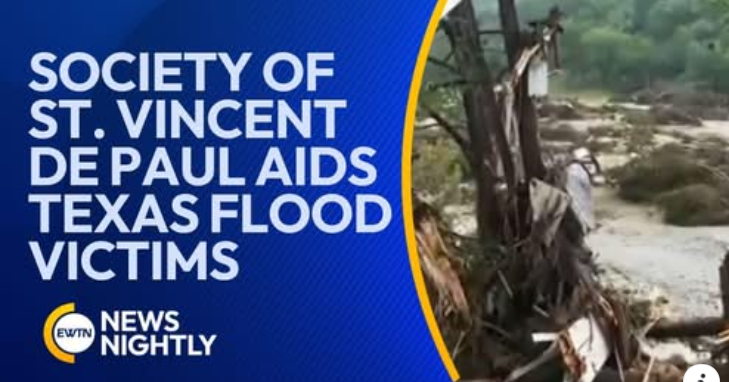
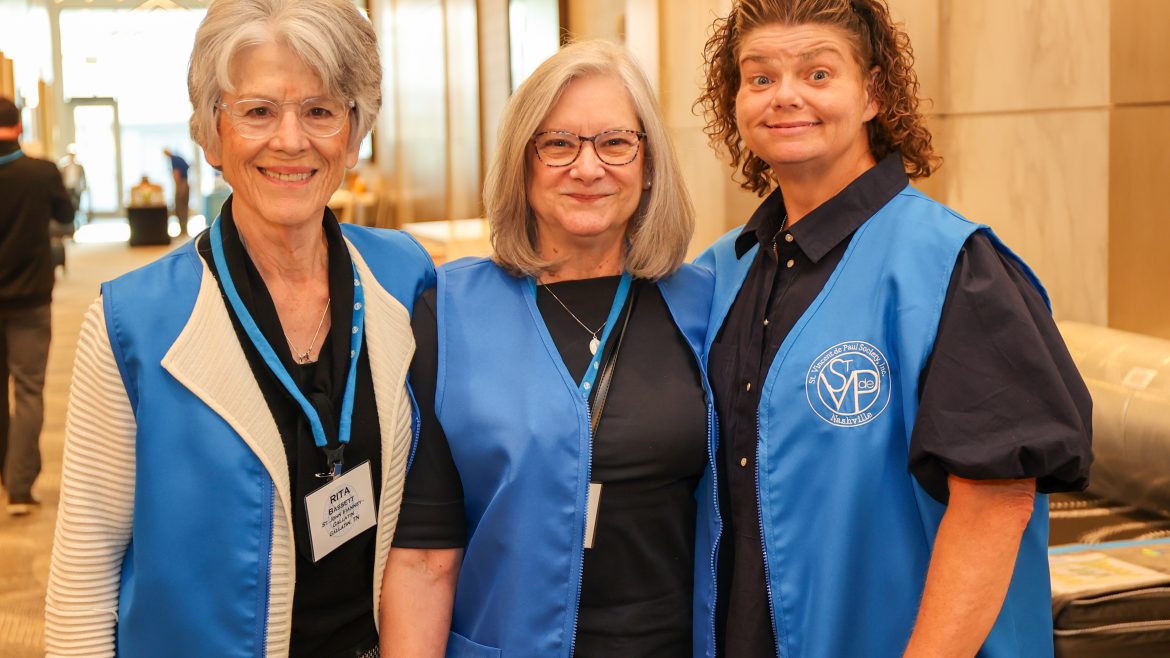
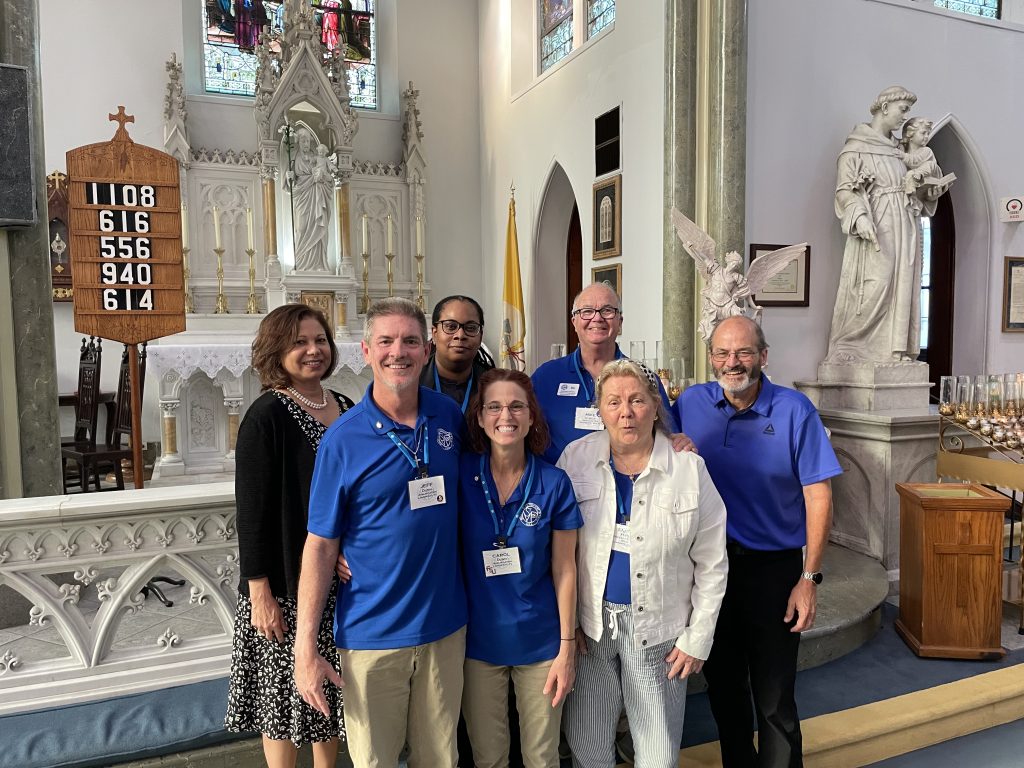
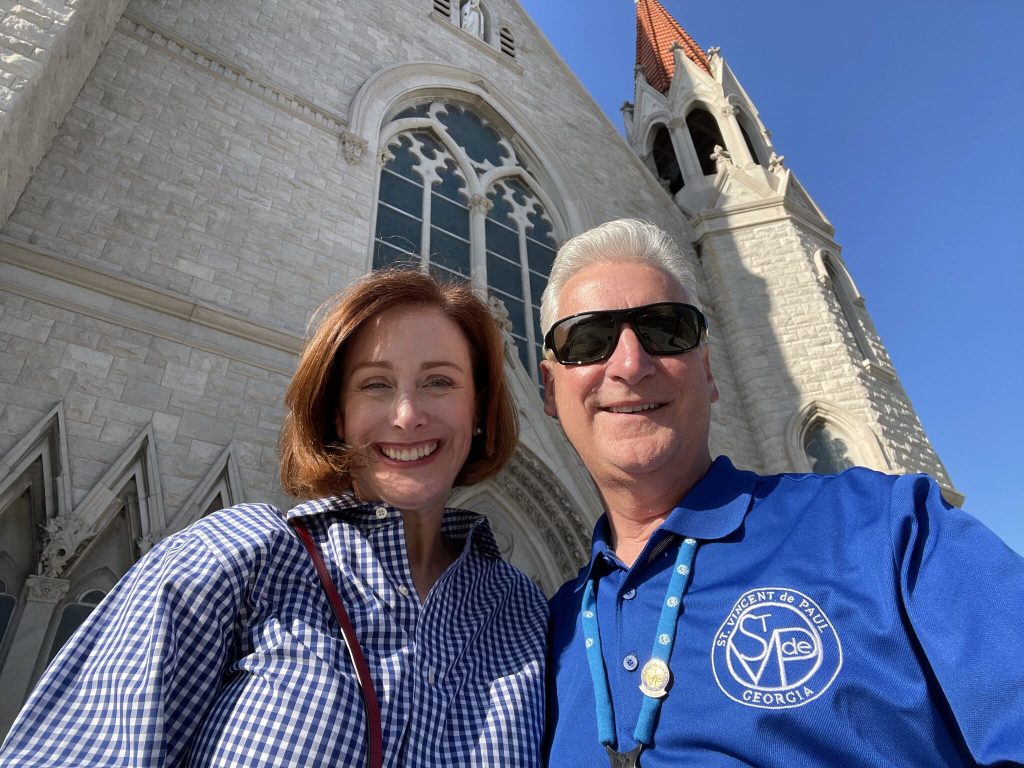
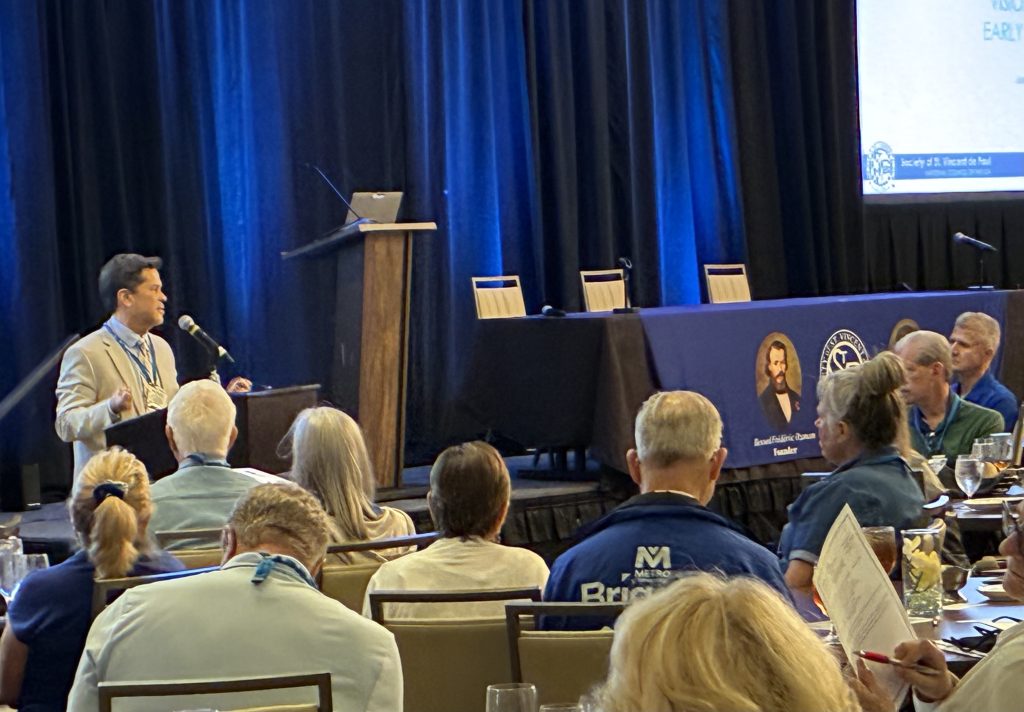
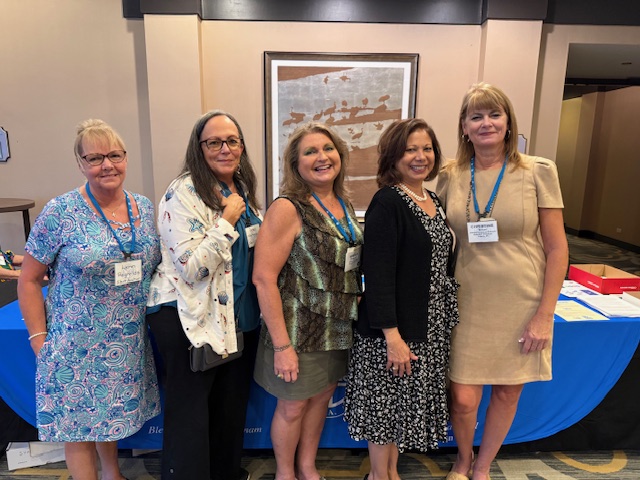
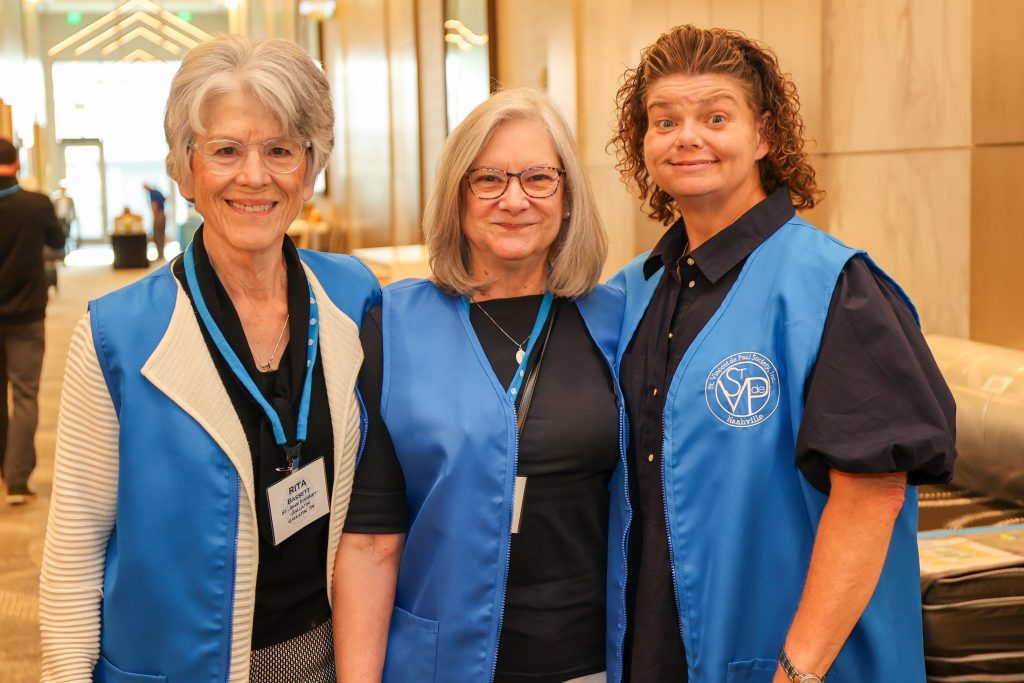
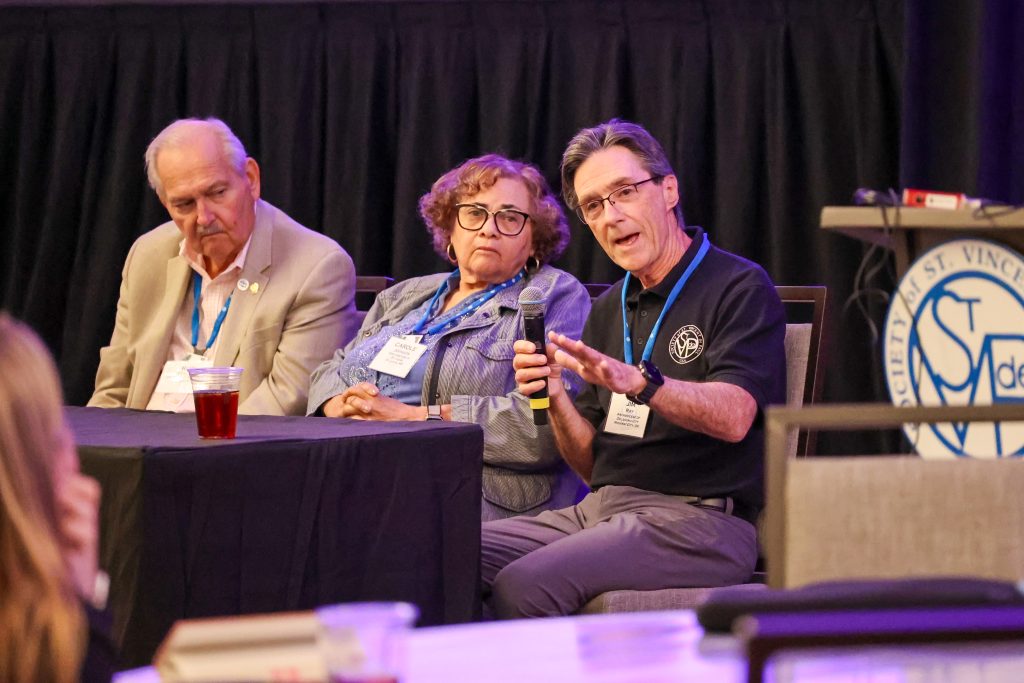
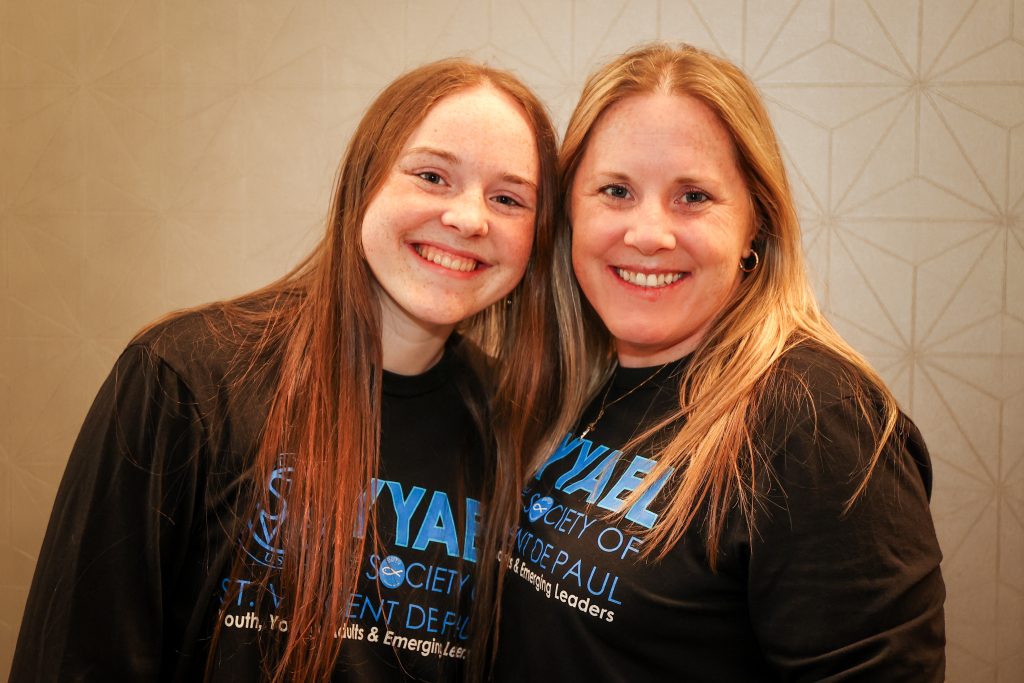
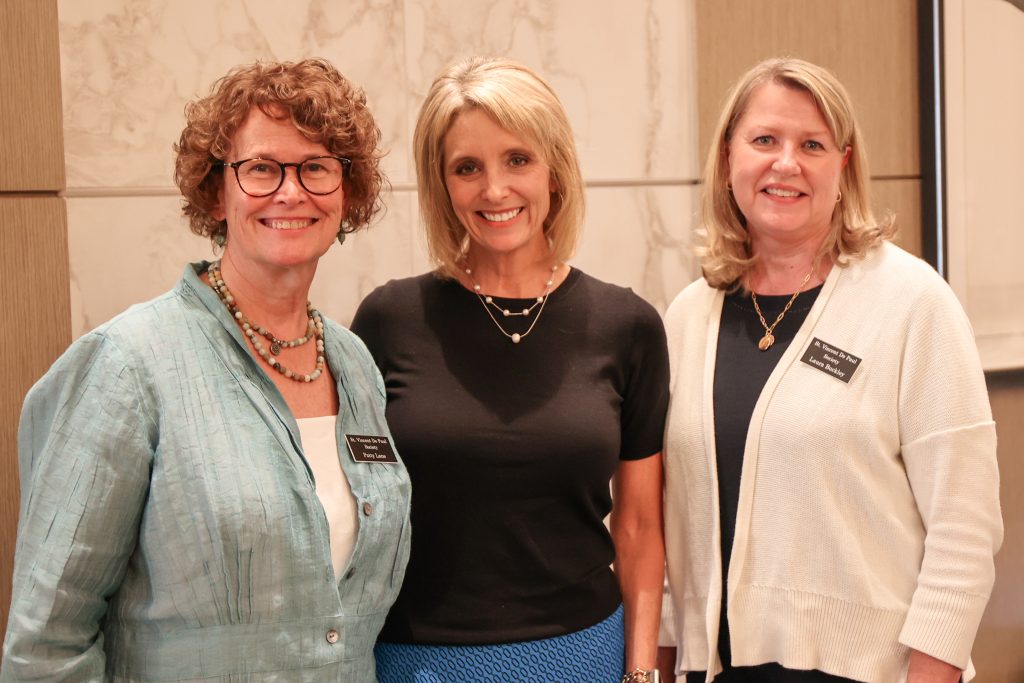
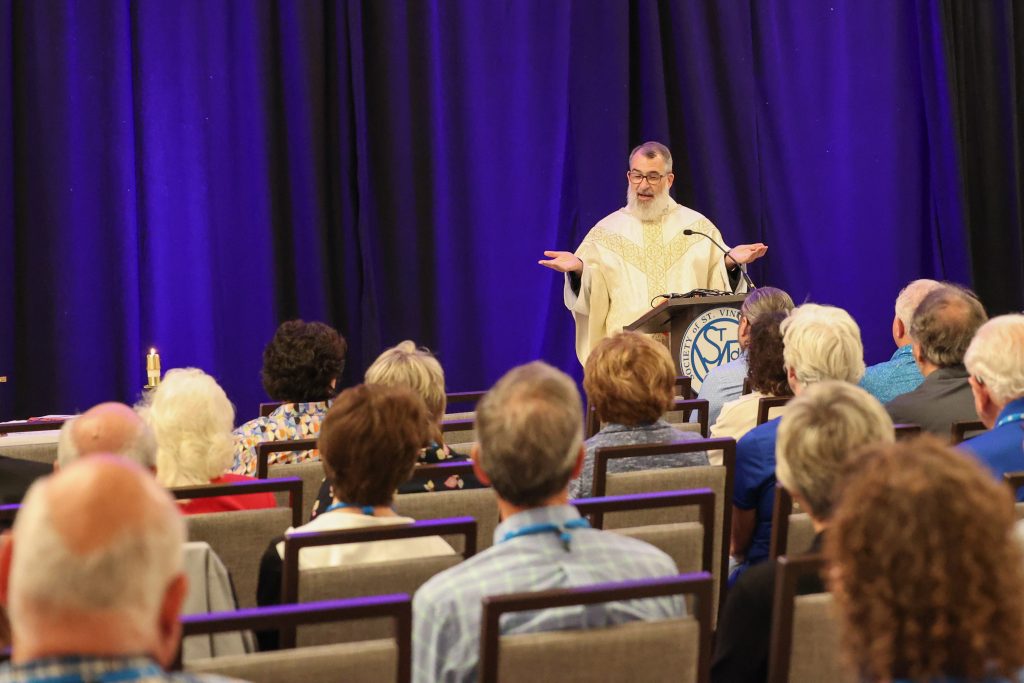
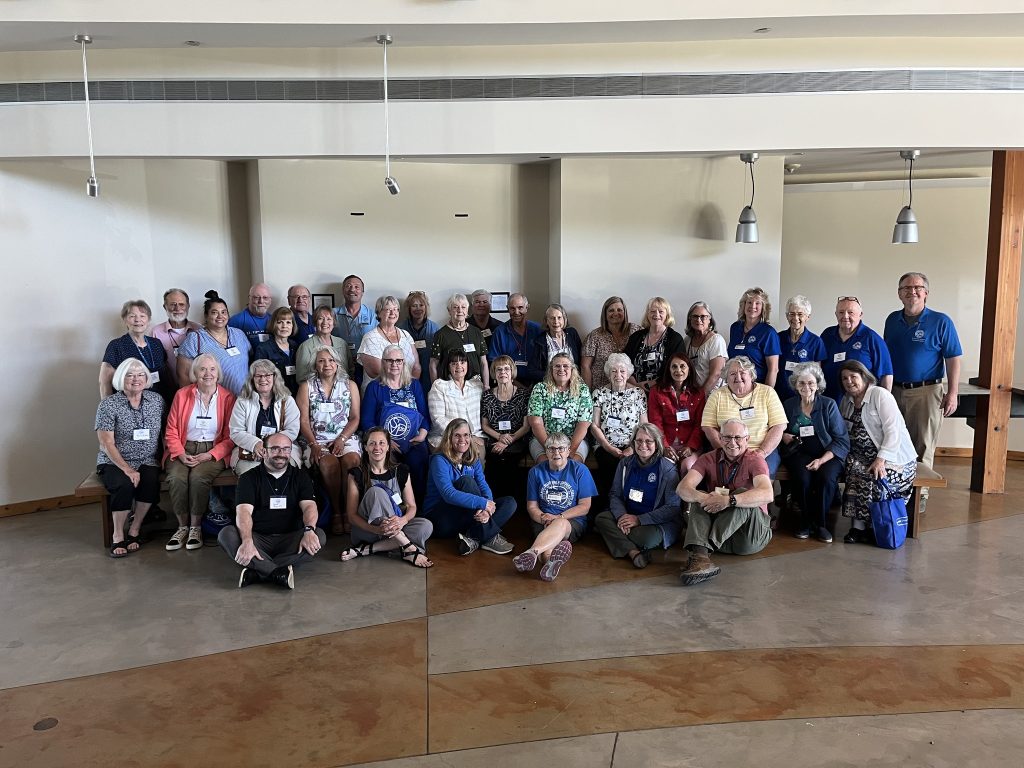
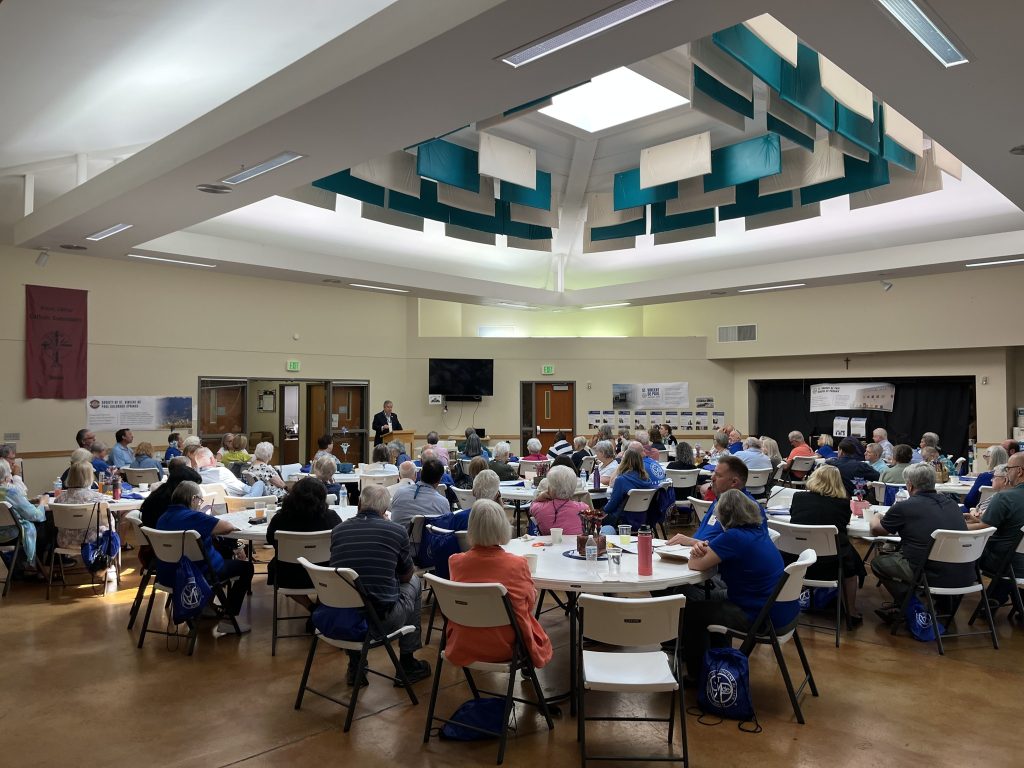
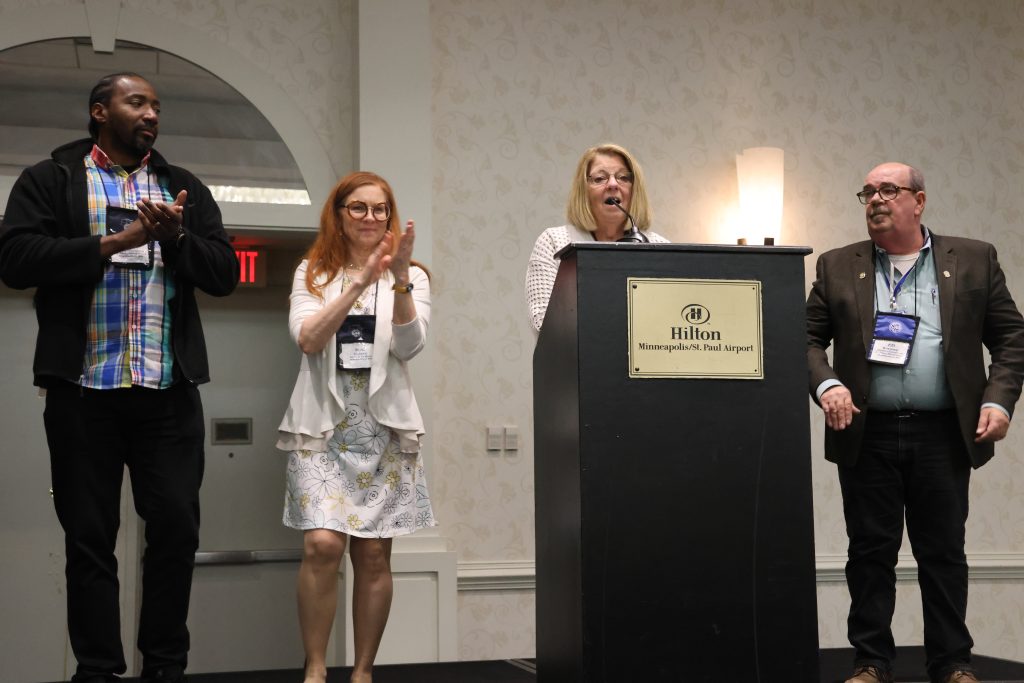
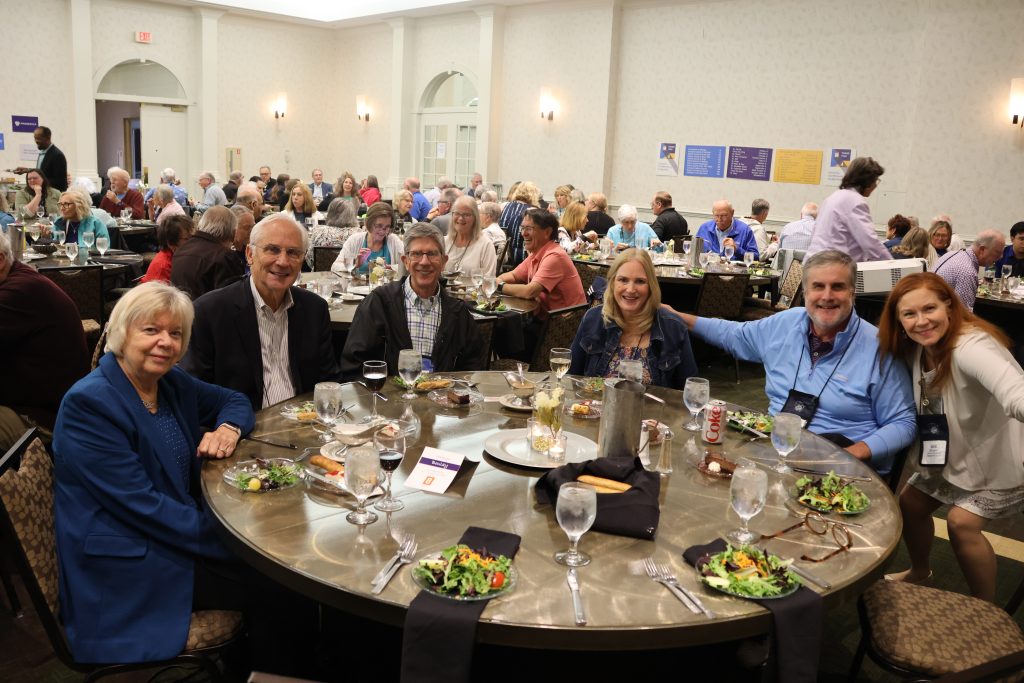
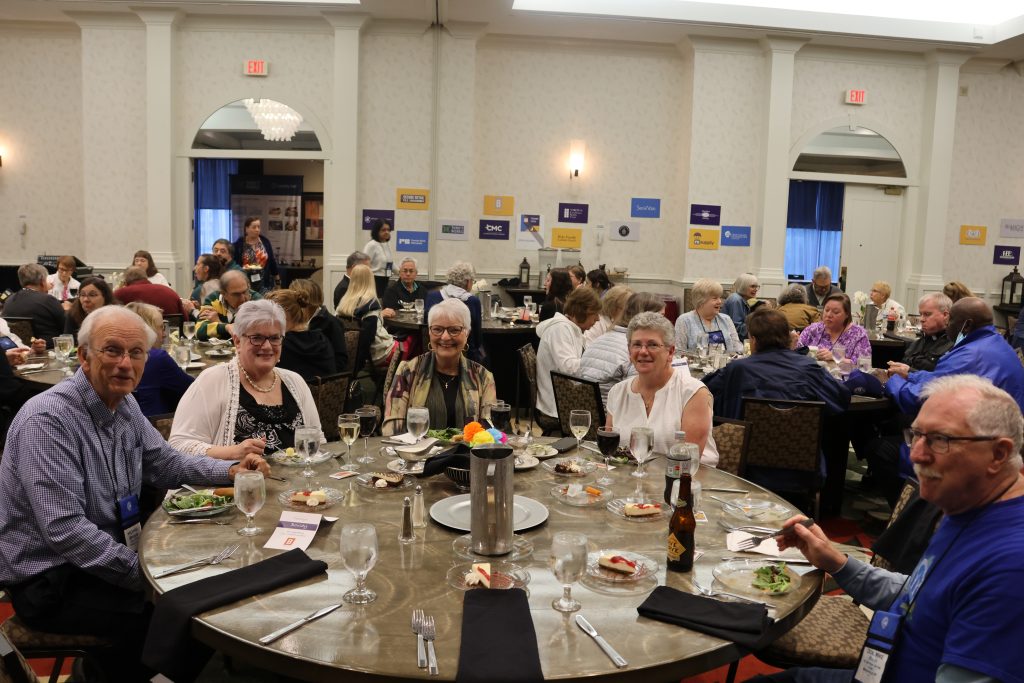
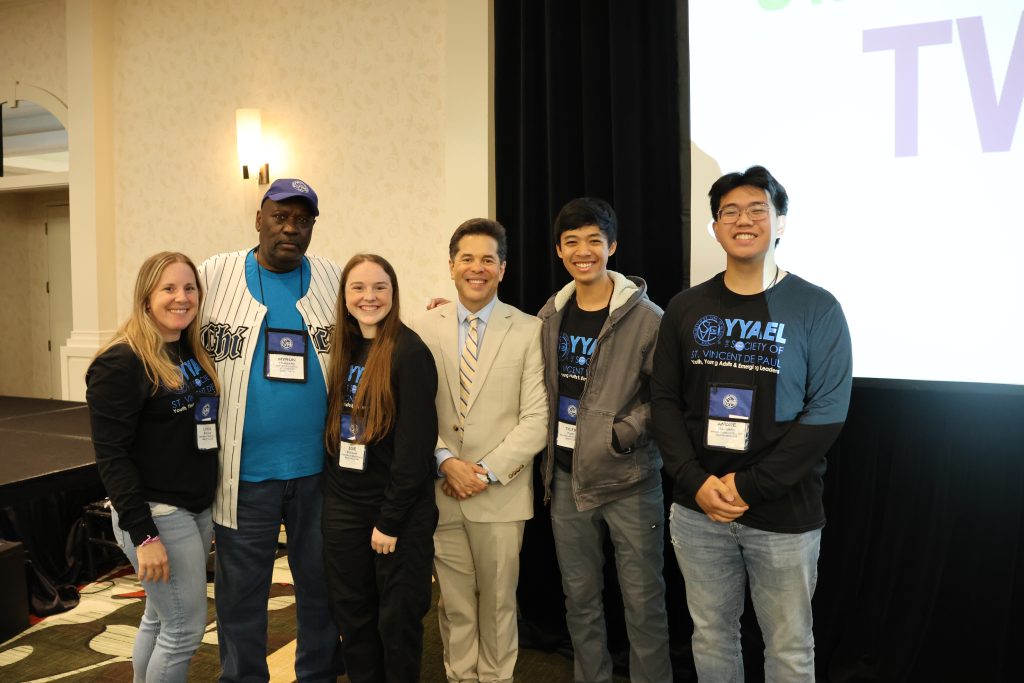
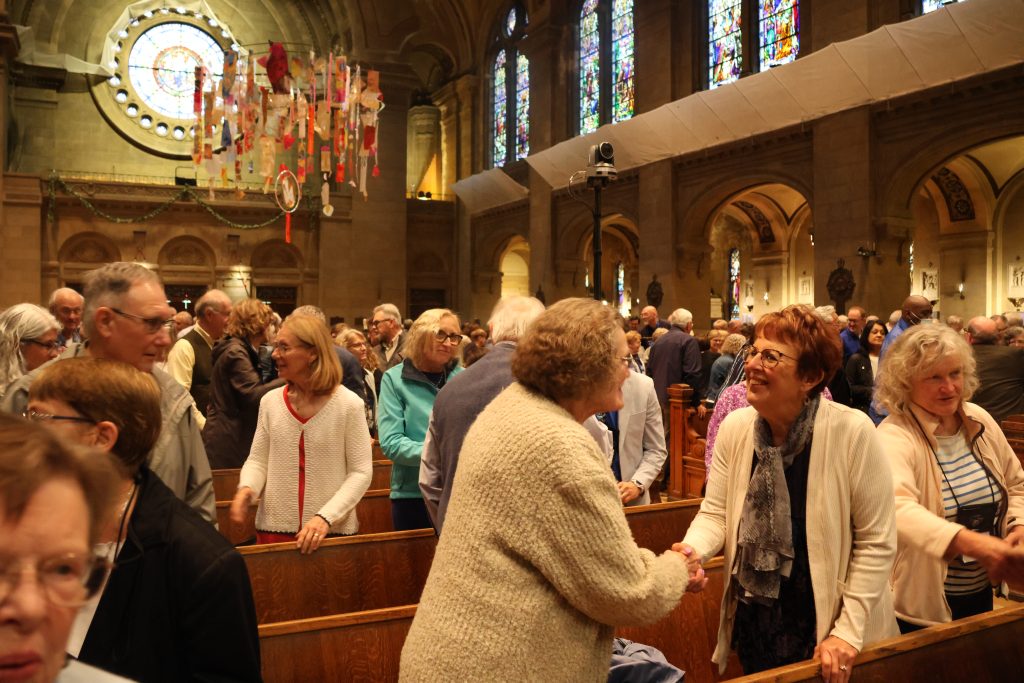
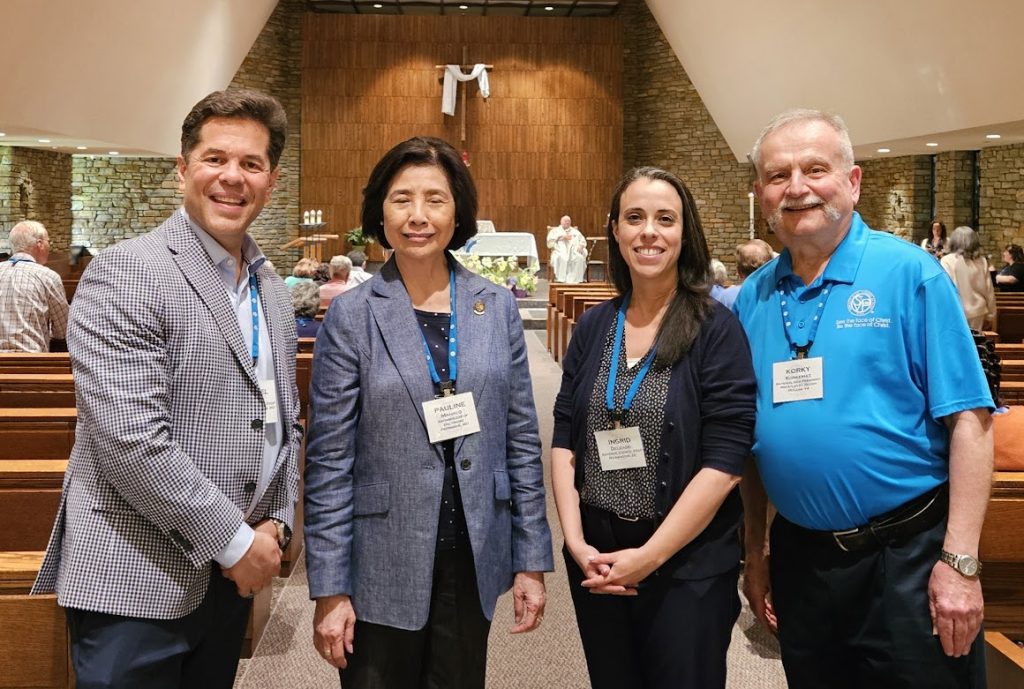
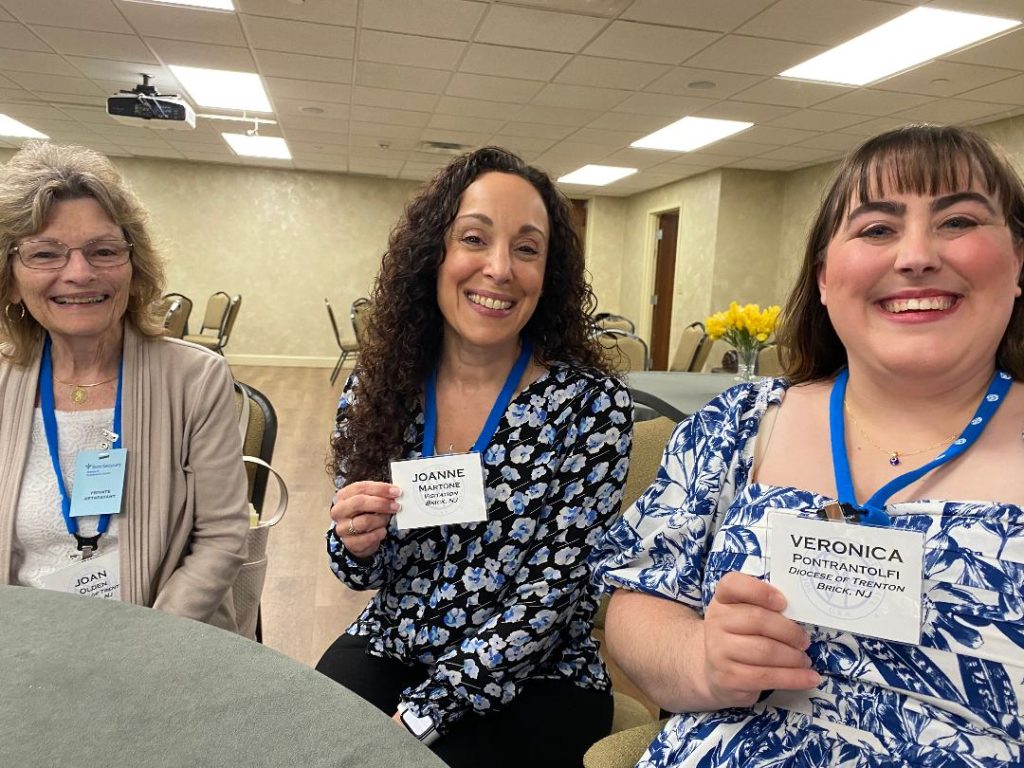
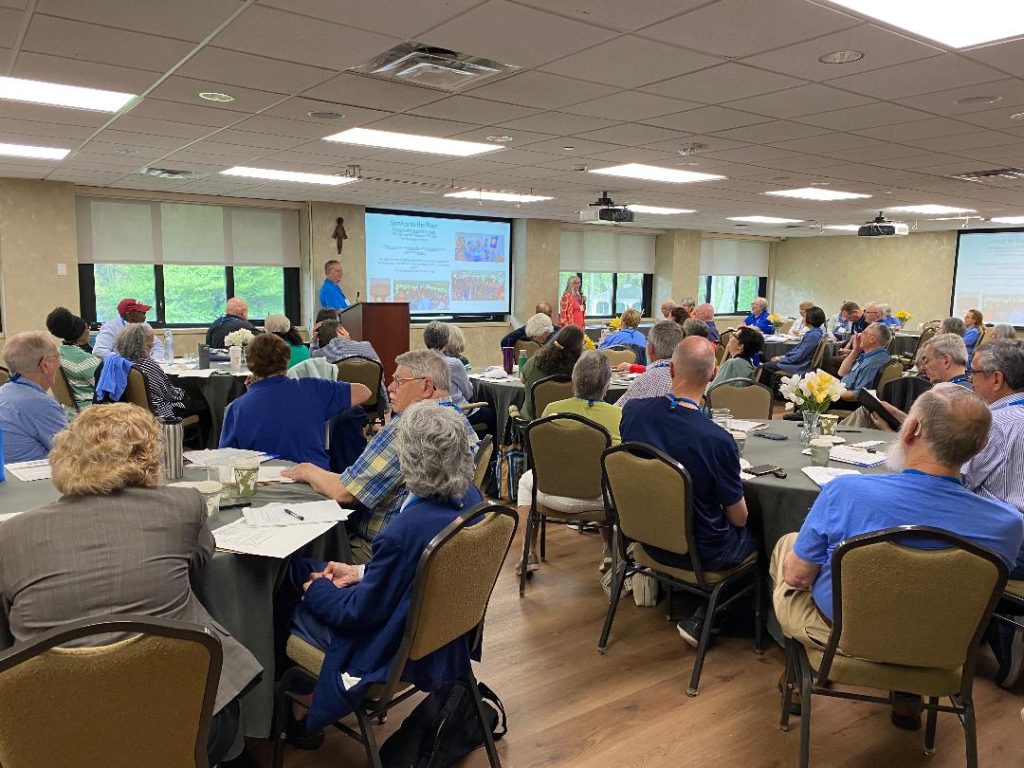
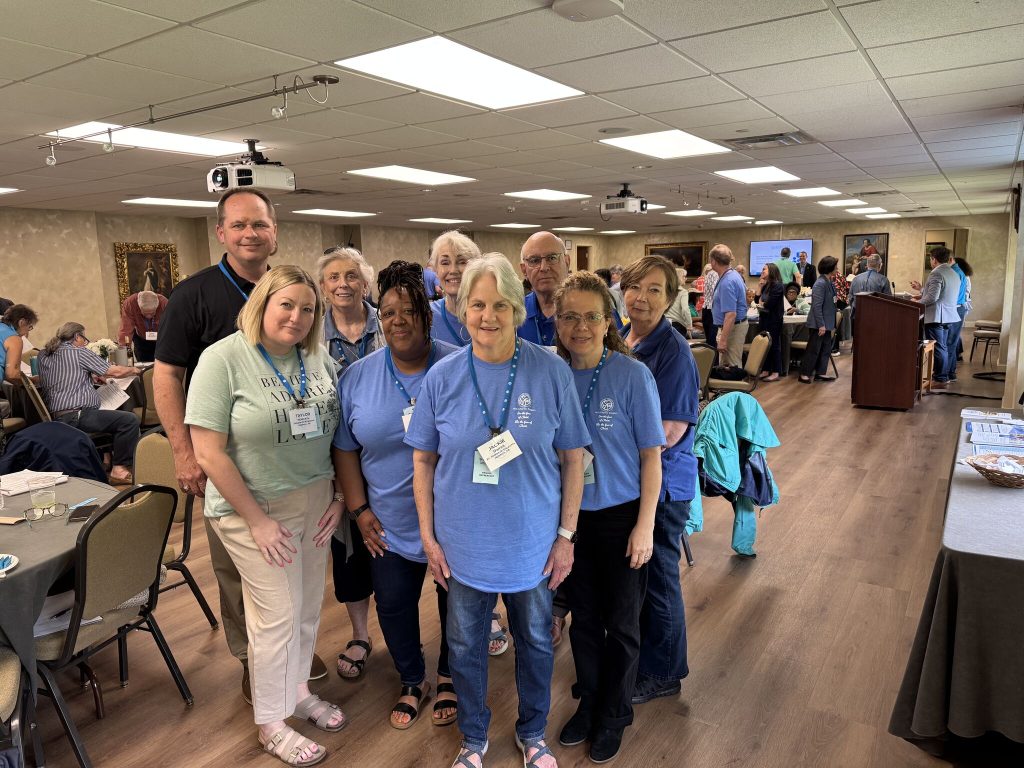
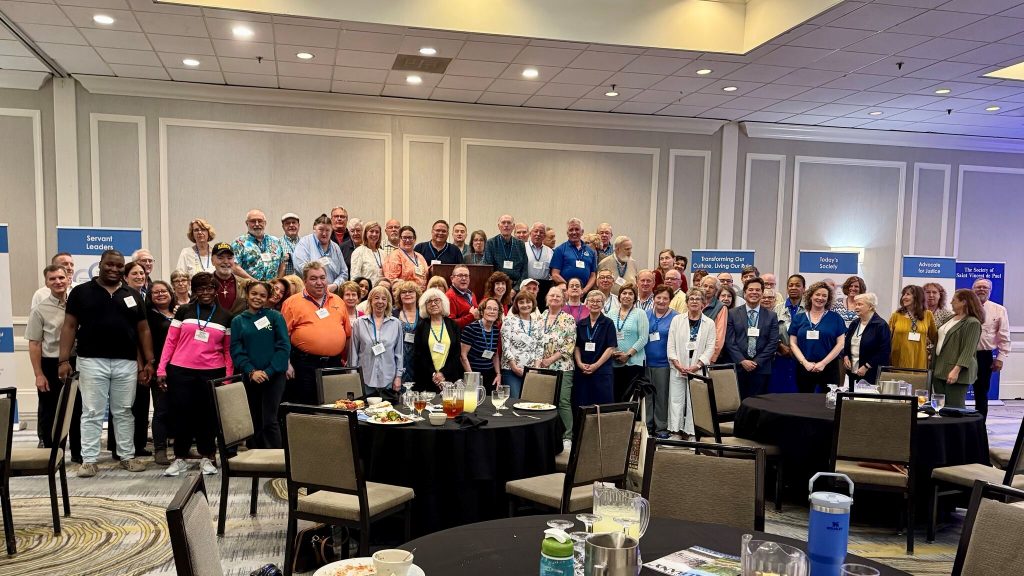

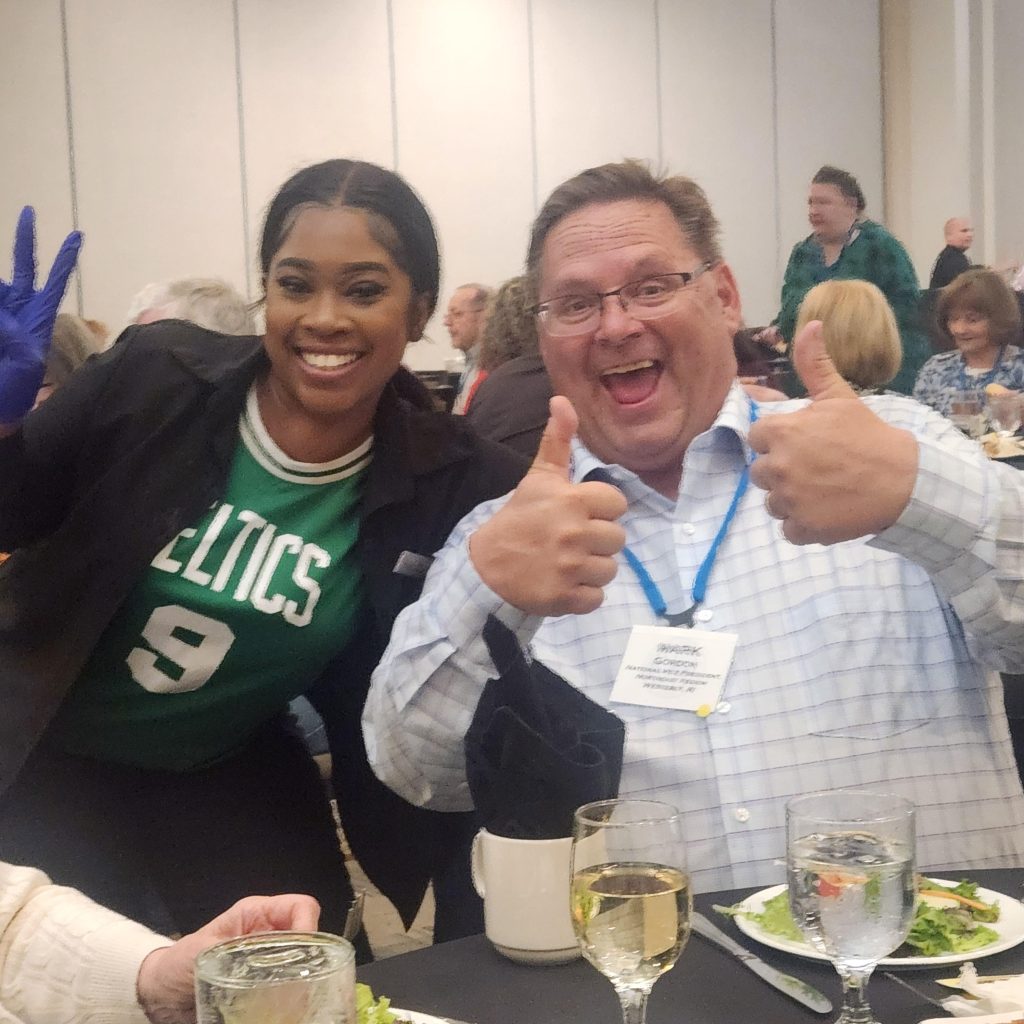
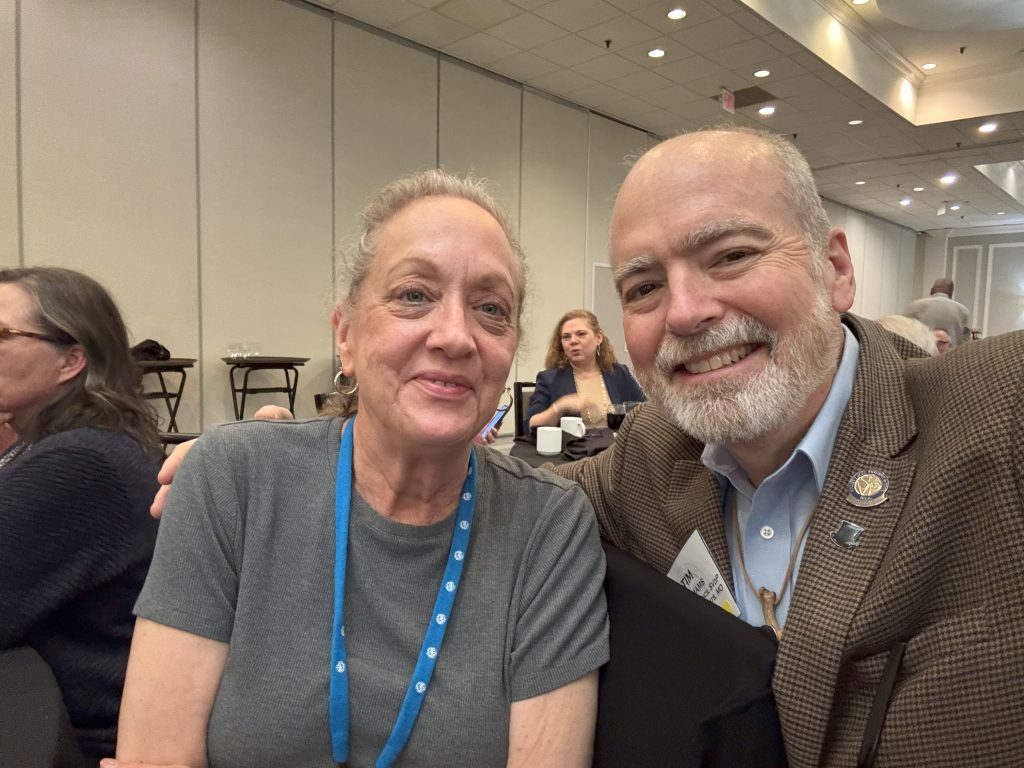
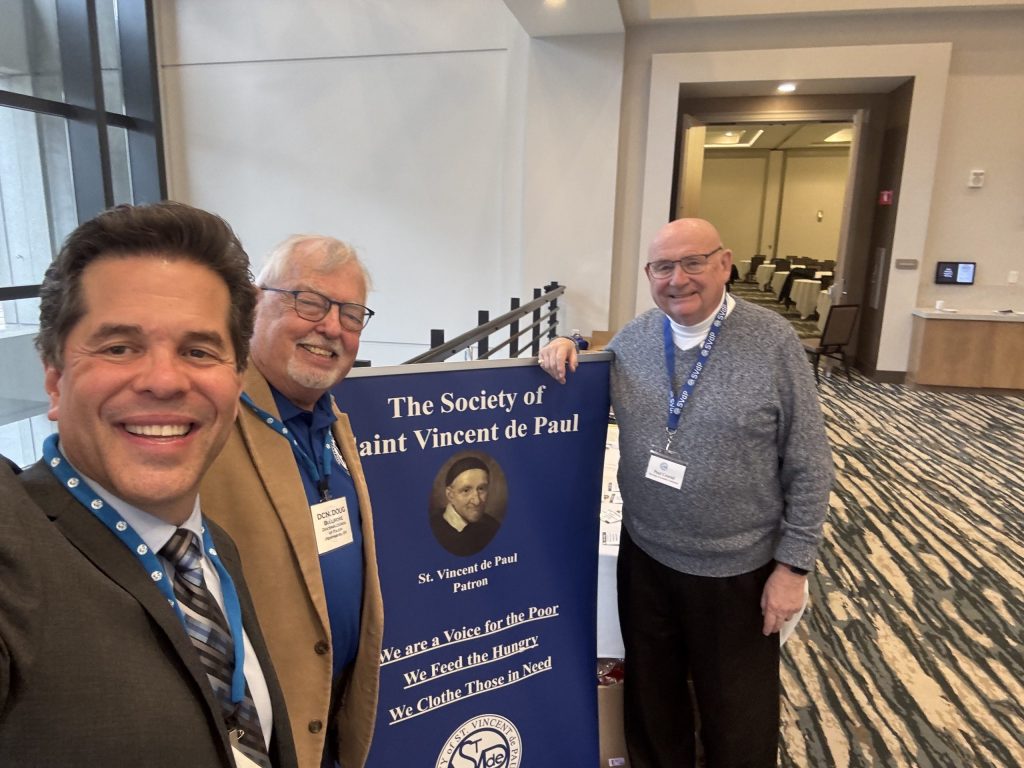
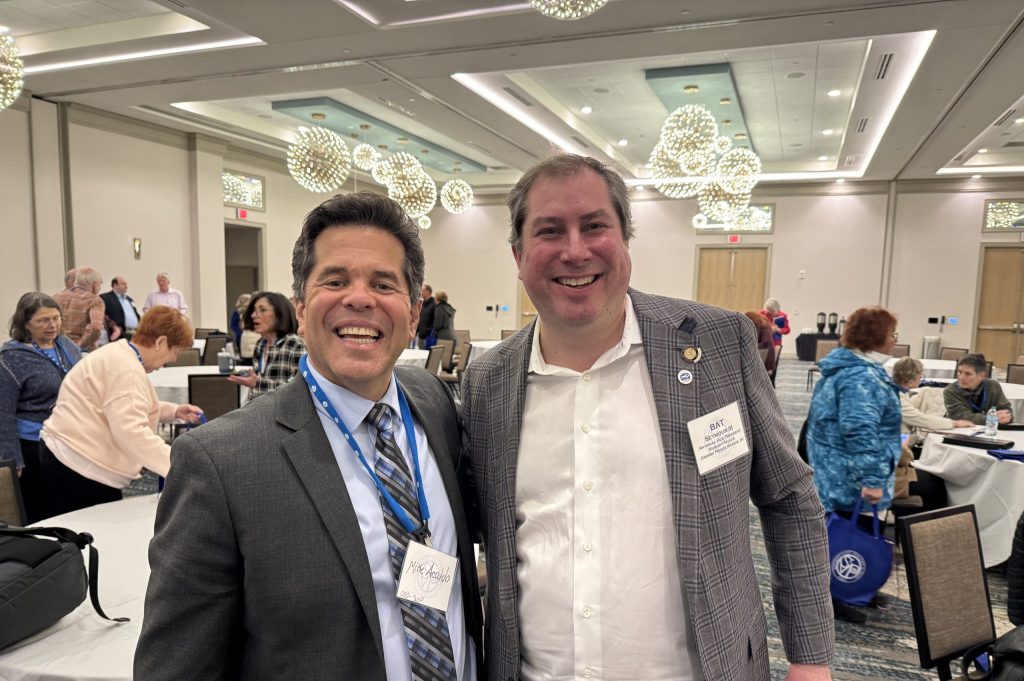
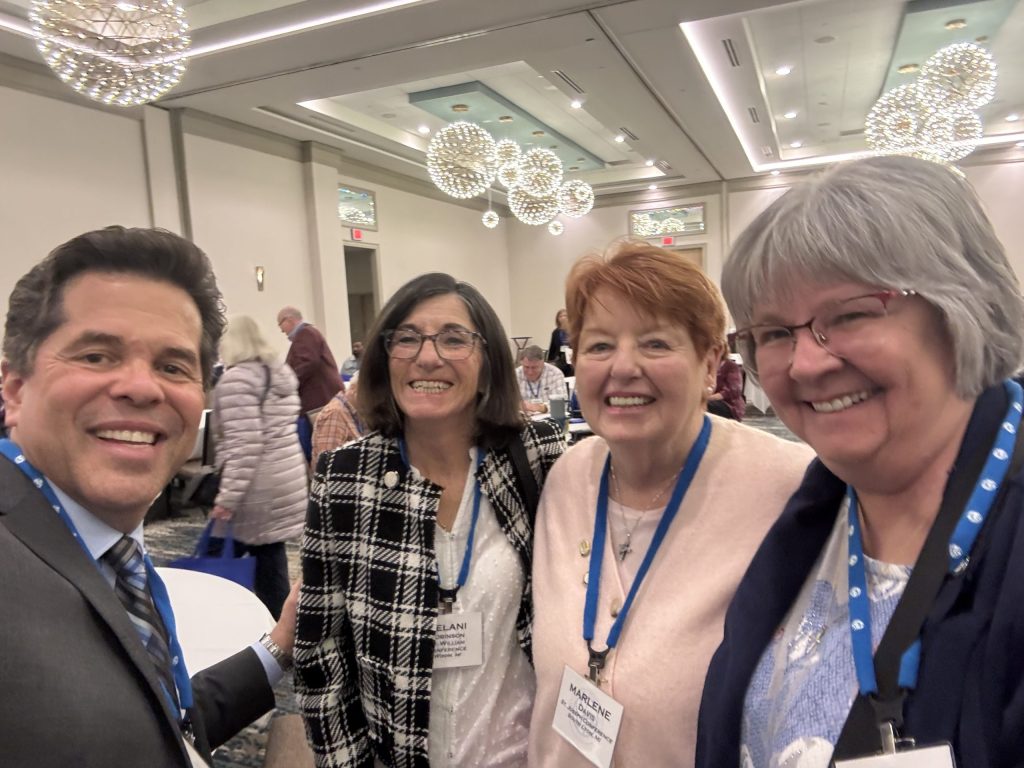
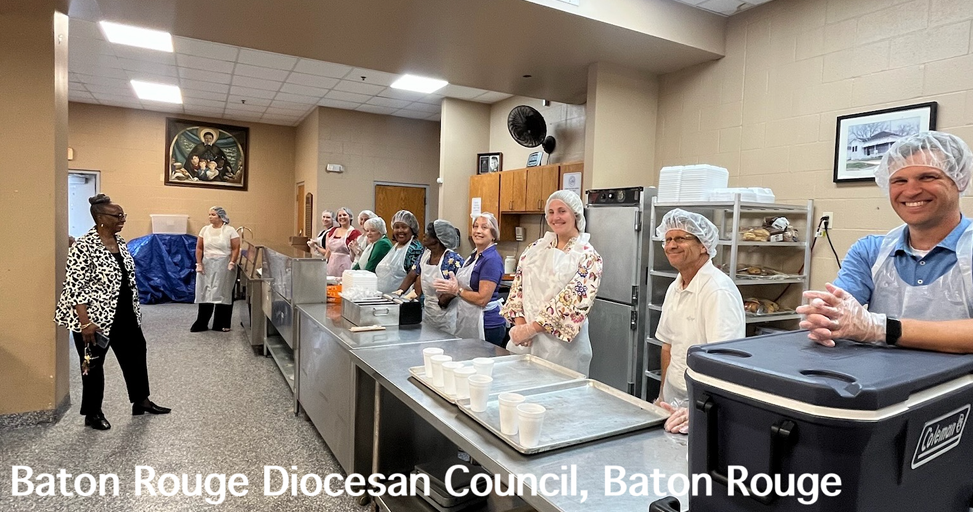
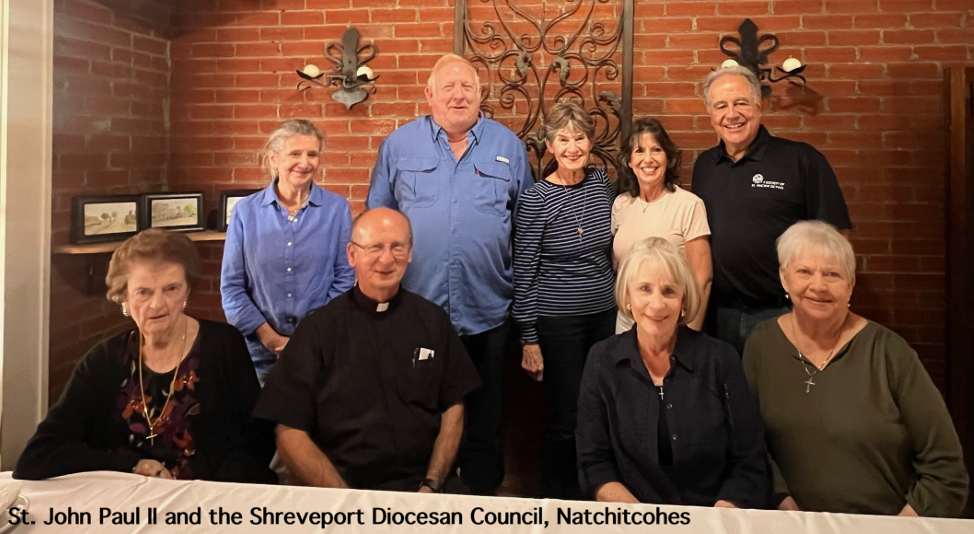
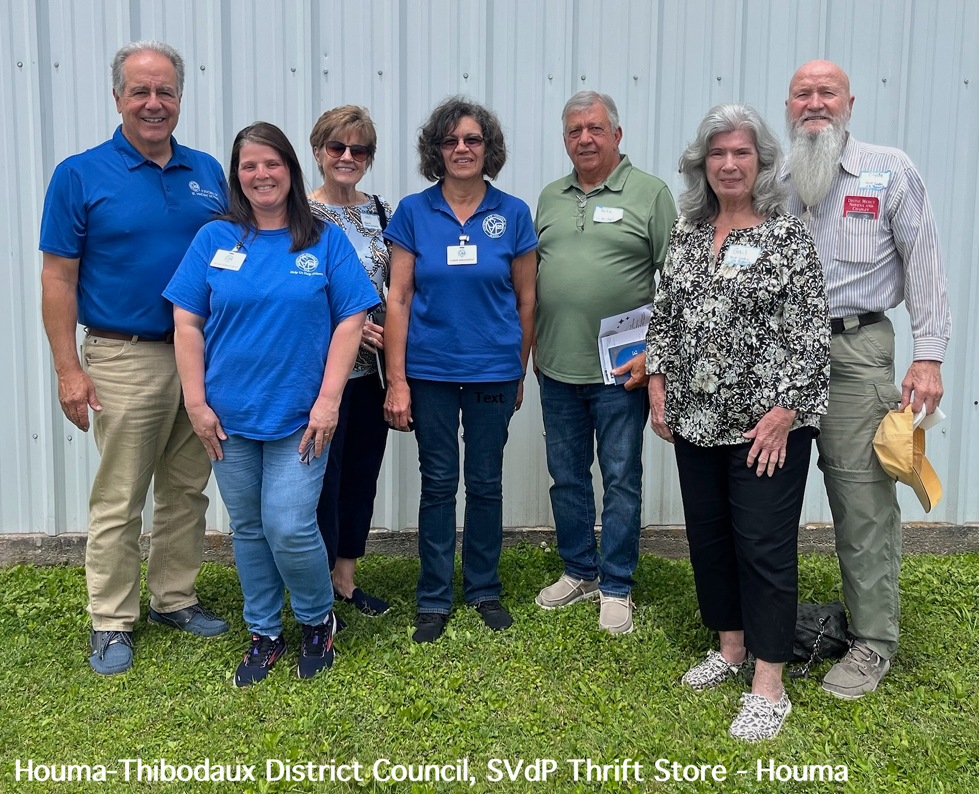
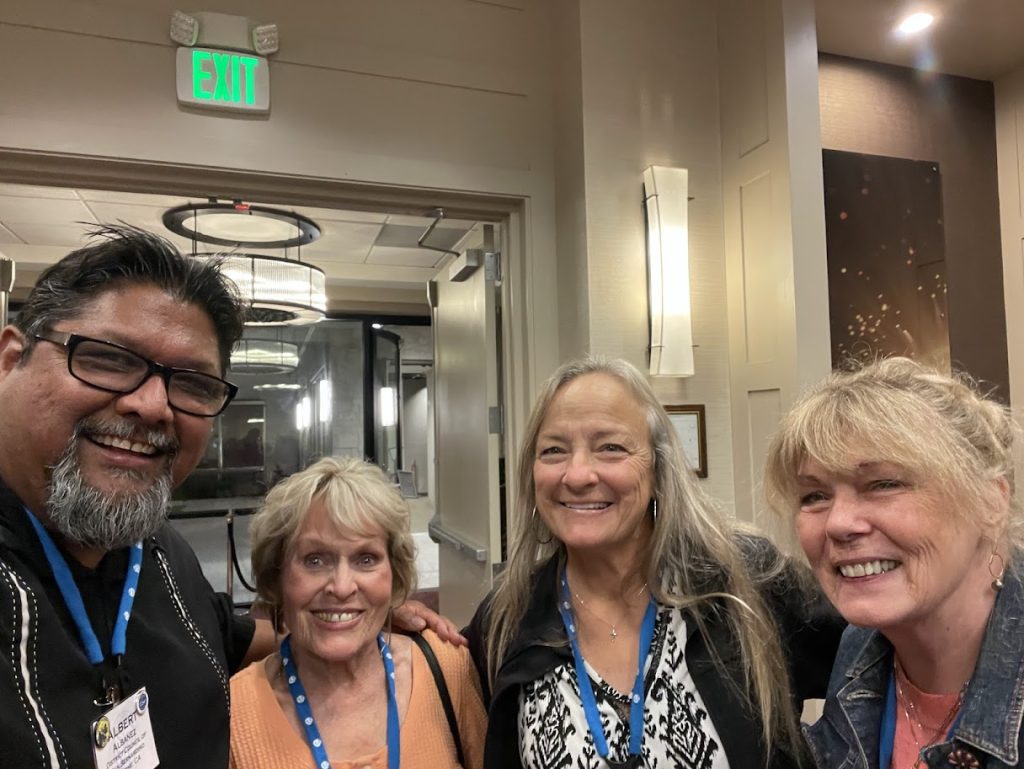
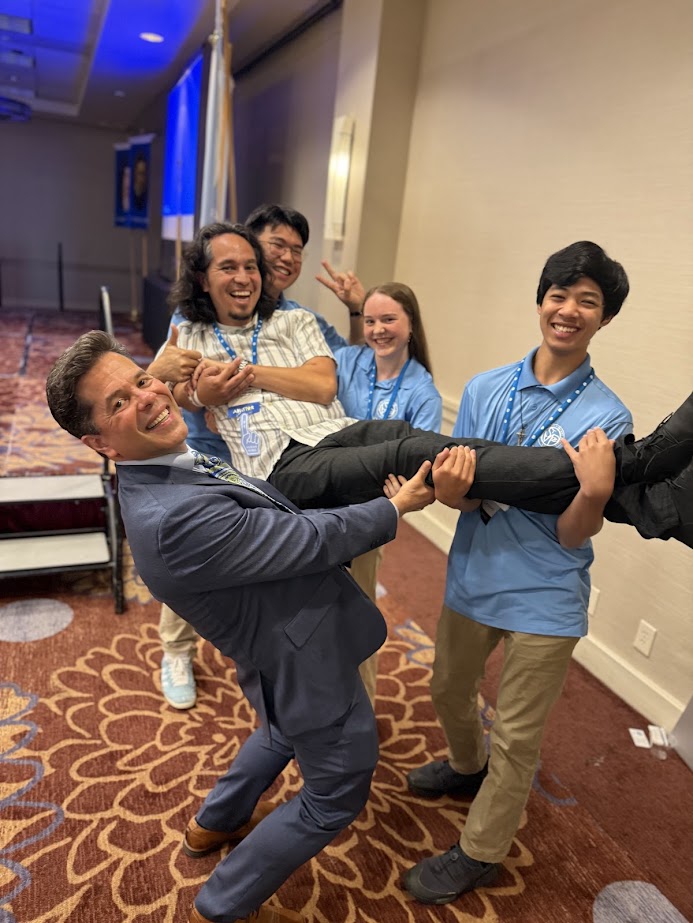
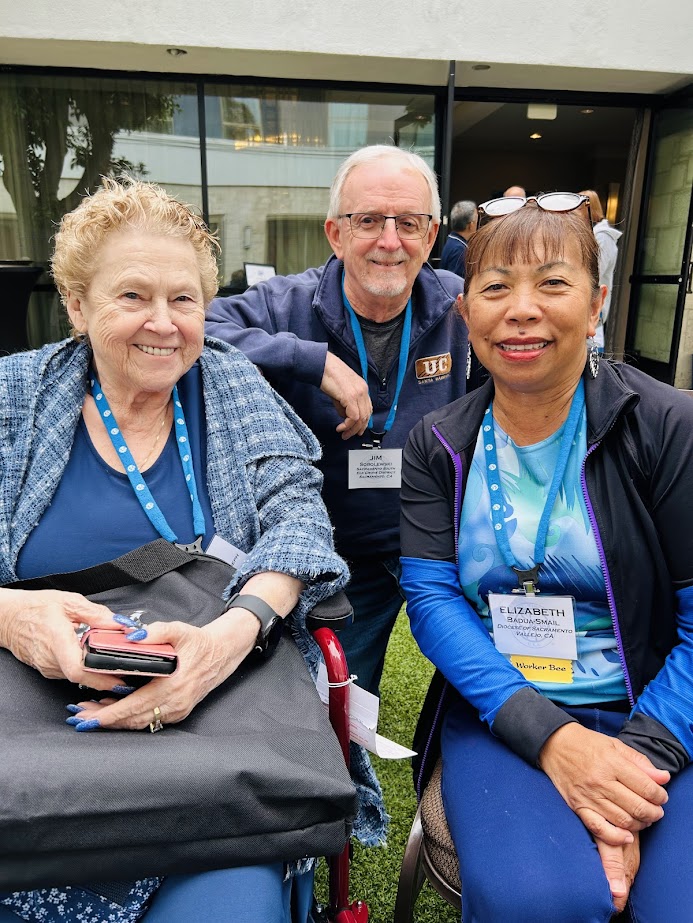
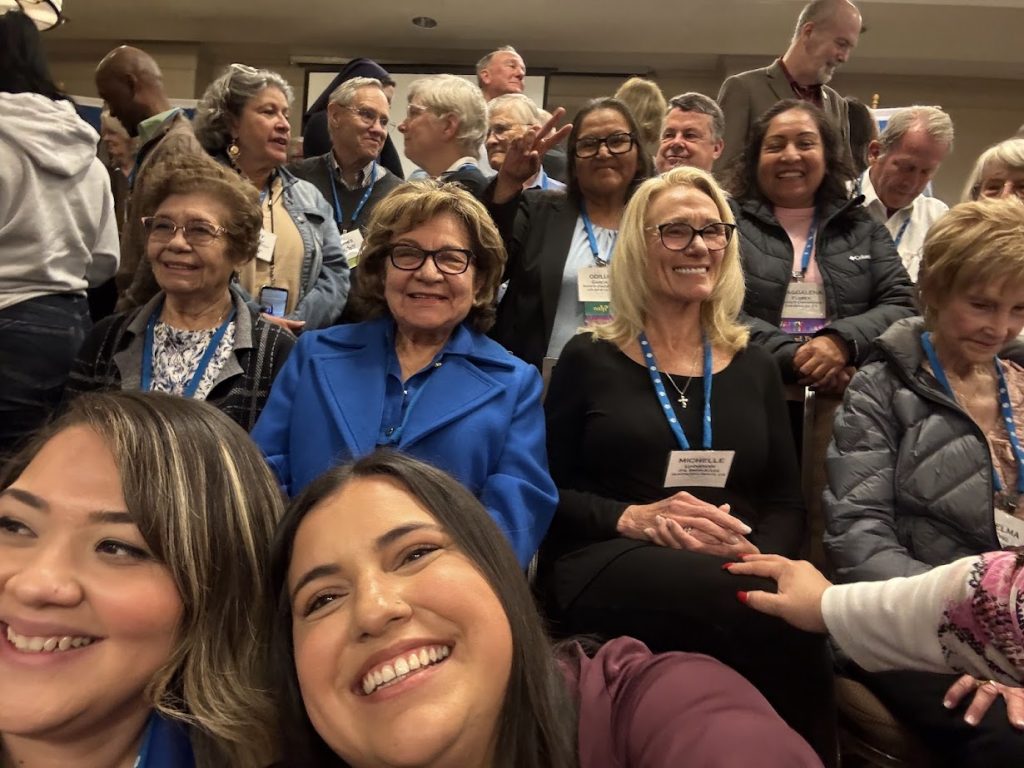
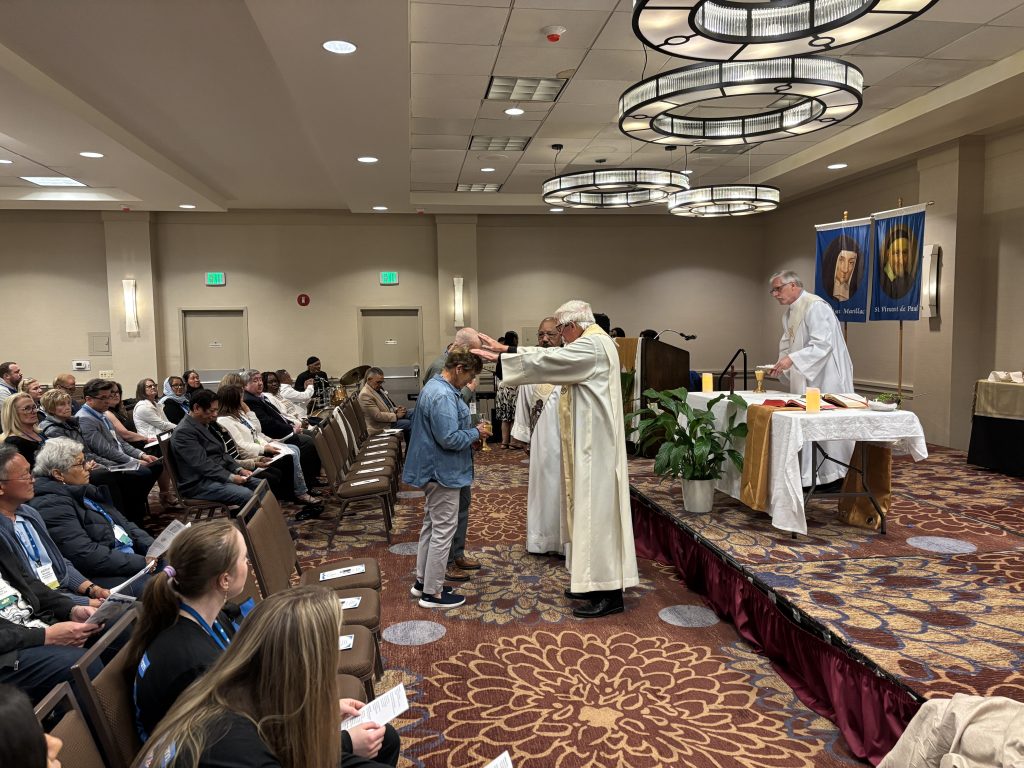
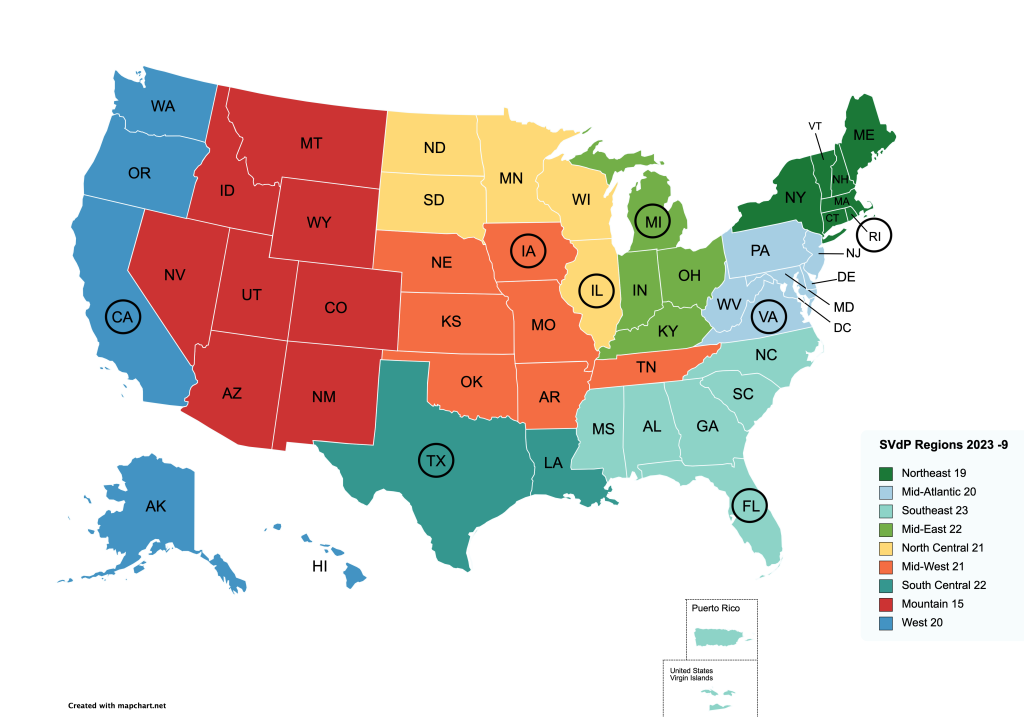

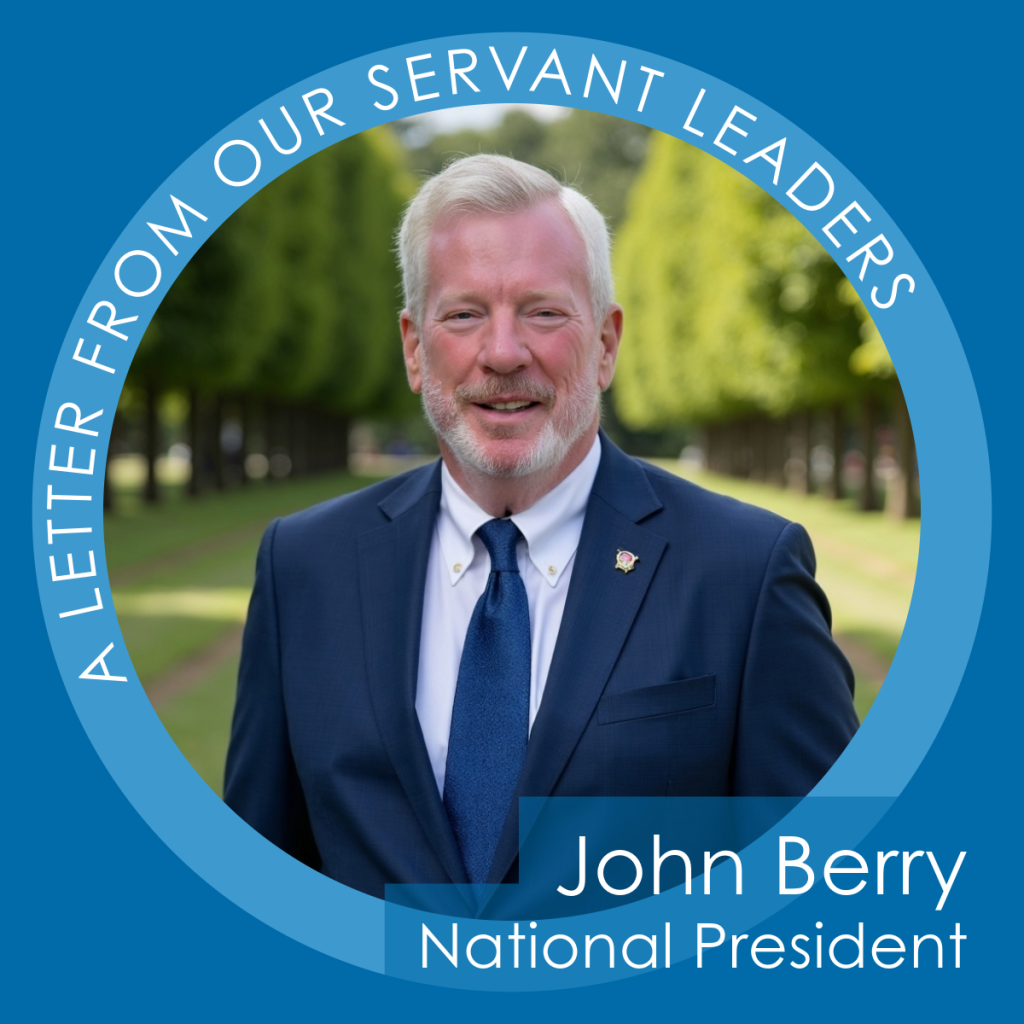
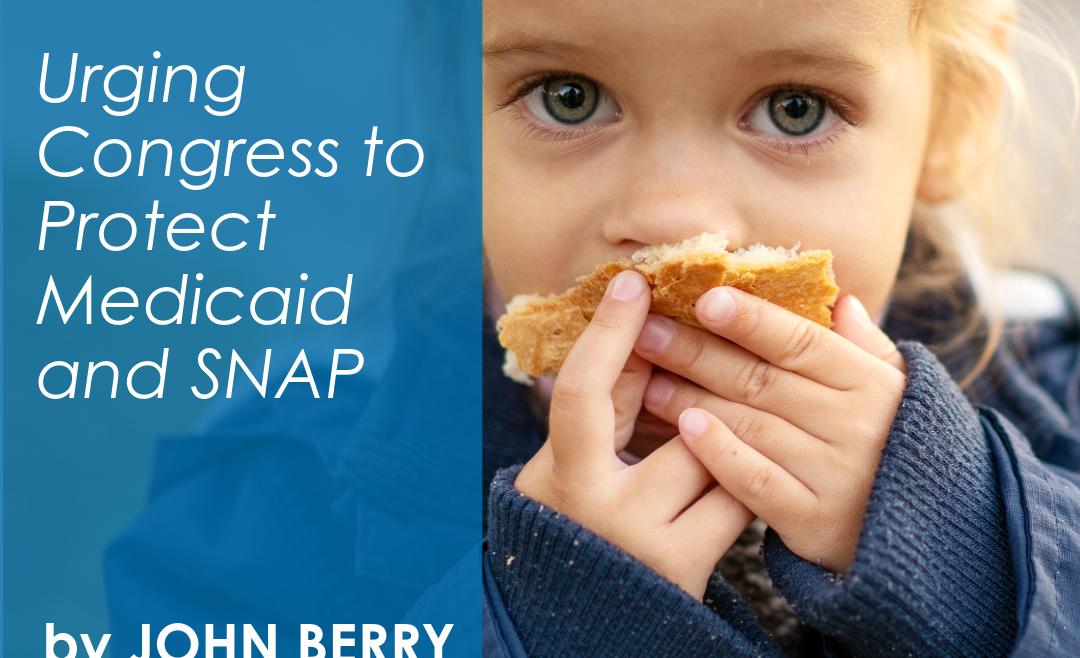
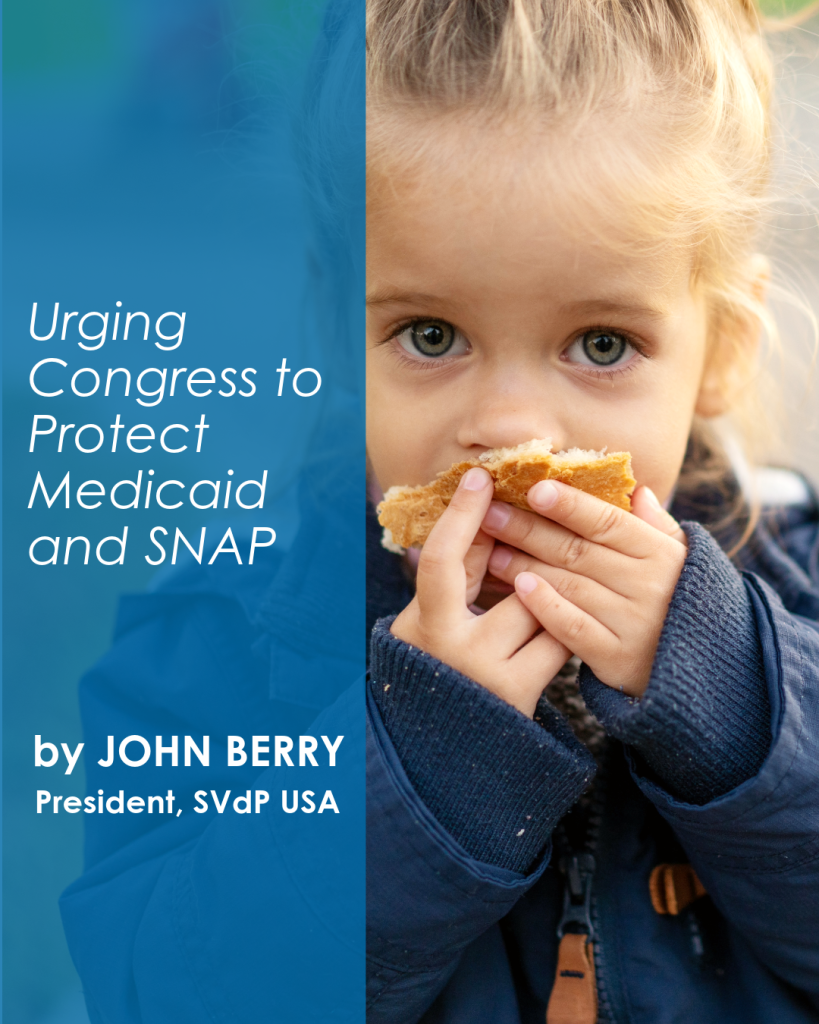 SVdP USA National President John Berry Urges Congress to Protect Medicaid and SNAP
SVdP USA National President John Berry Urges Congress to Protect Medicaid and SNAP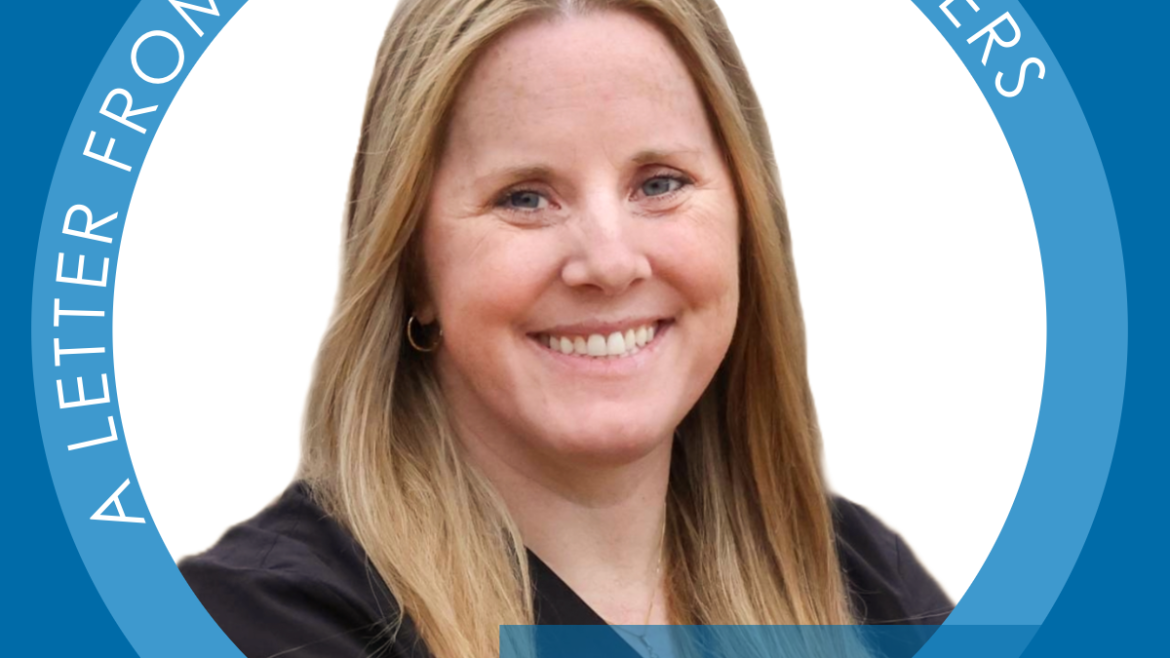
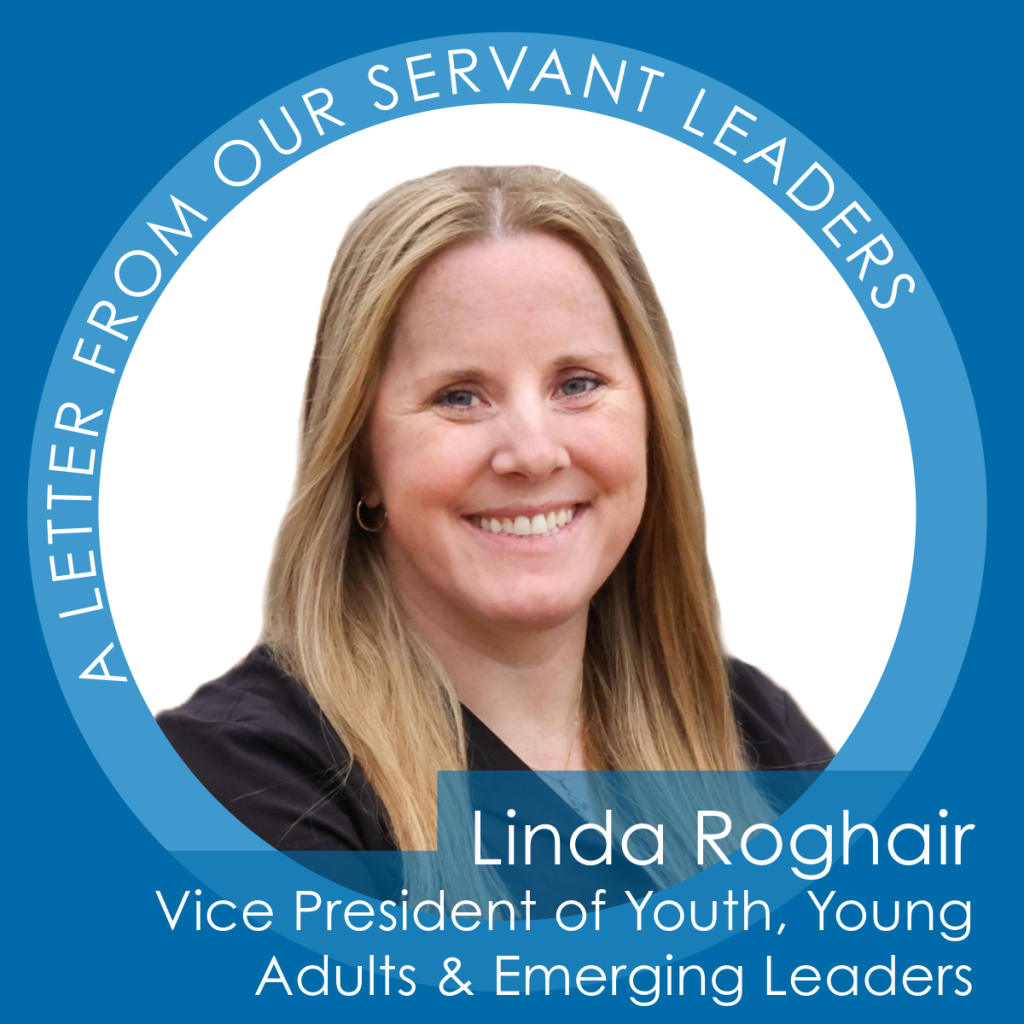 Mentoring
Mentoring